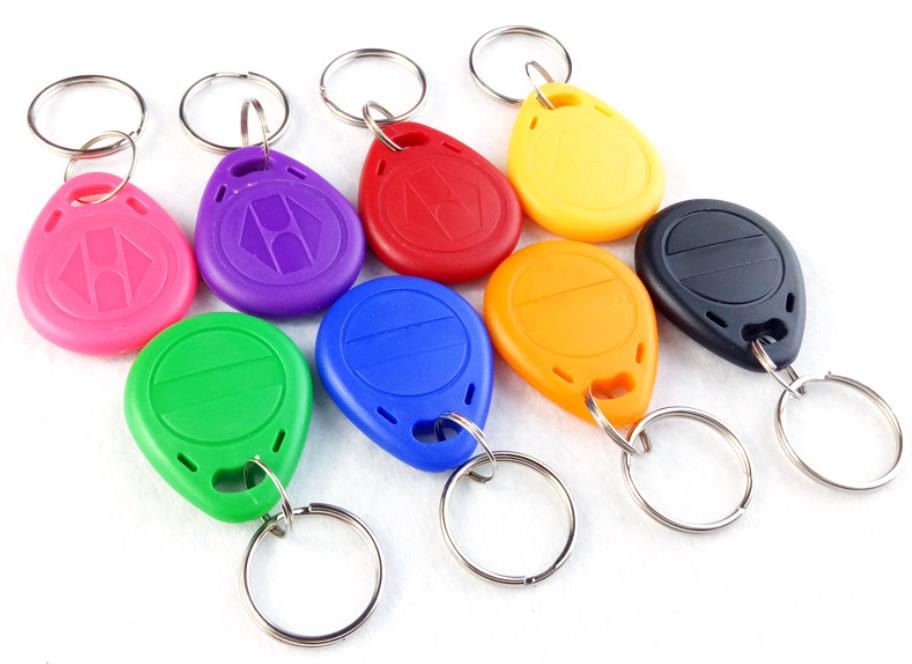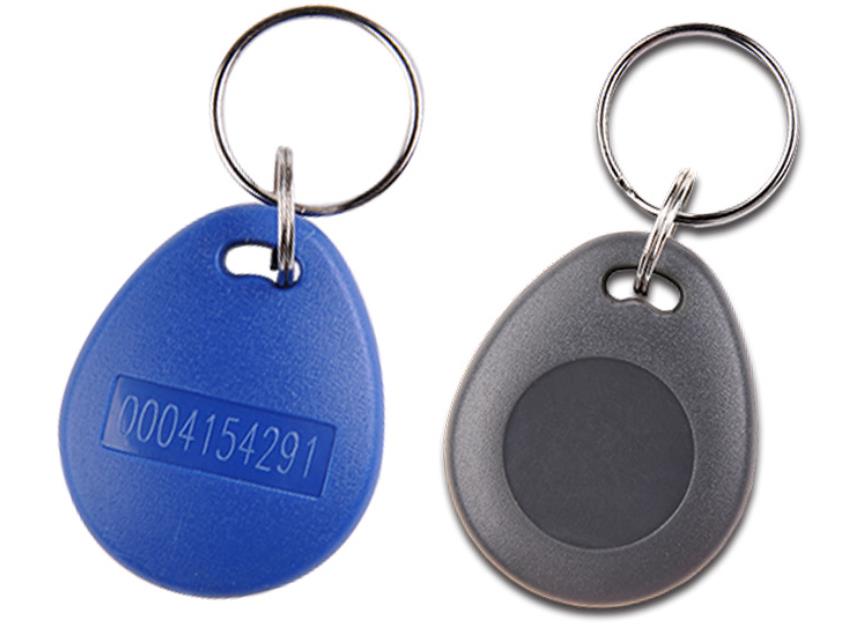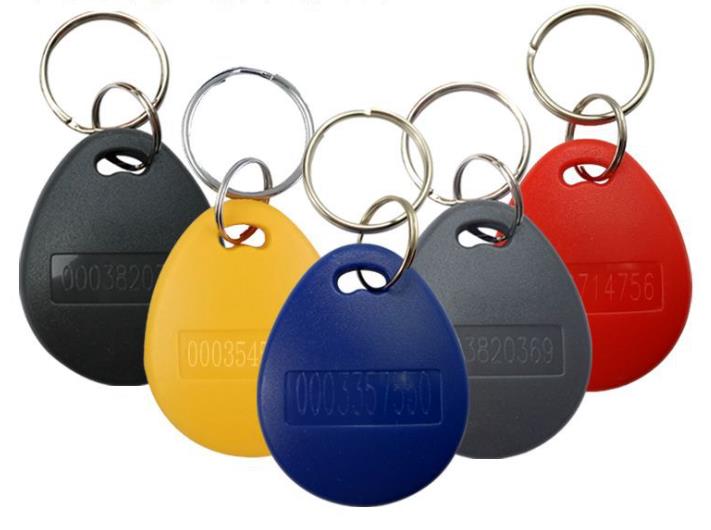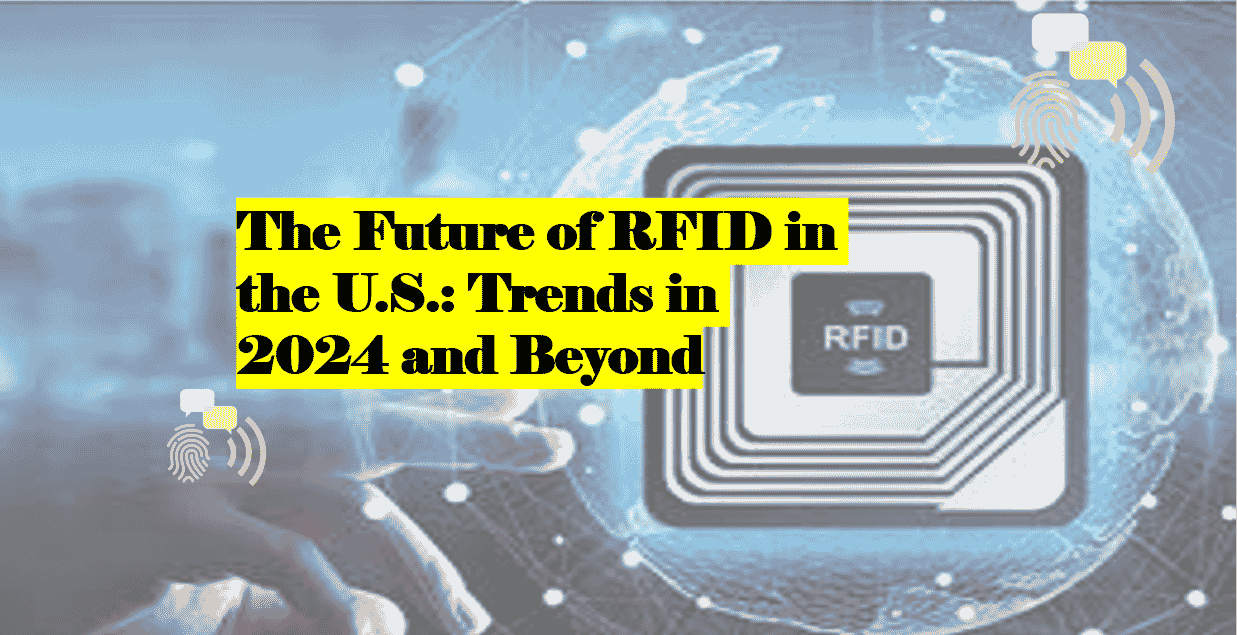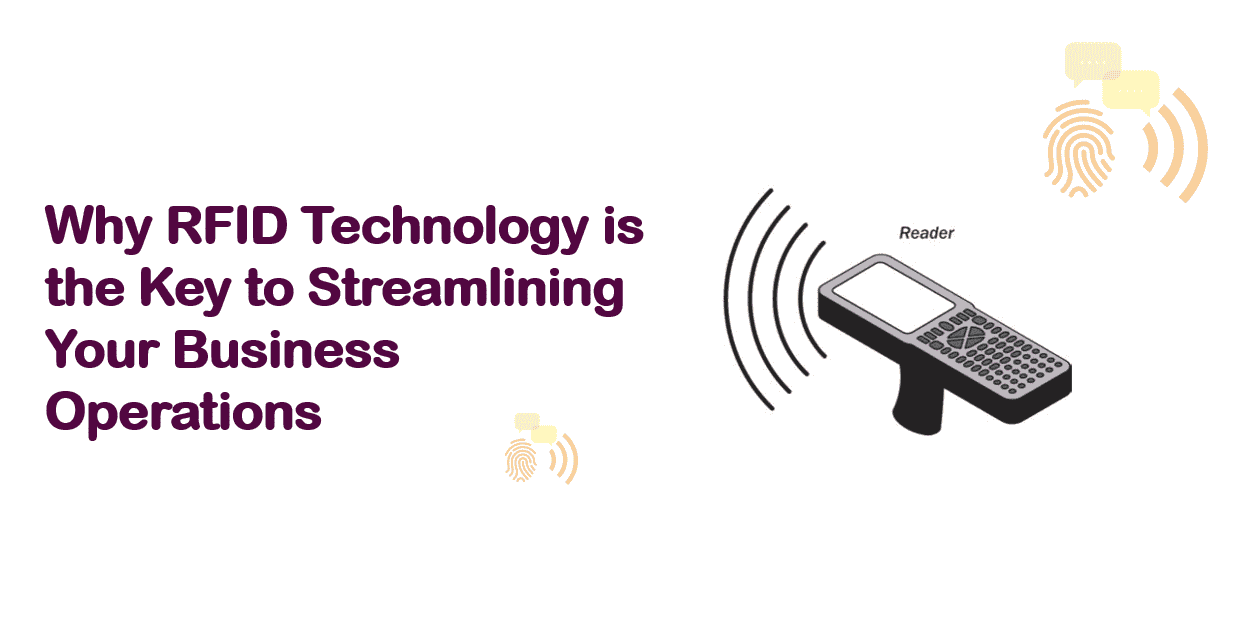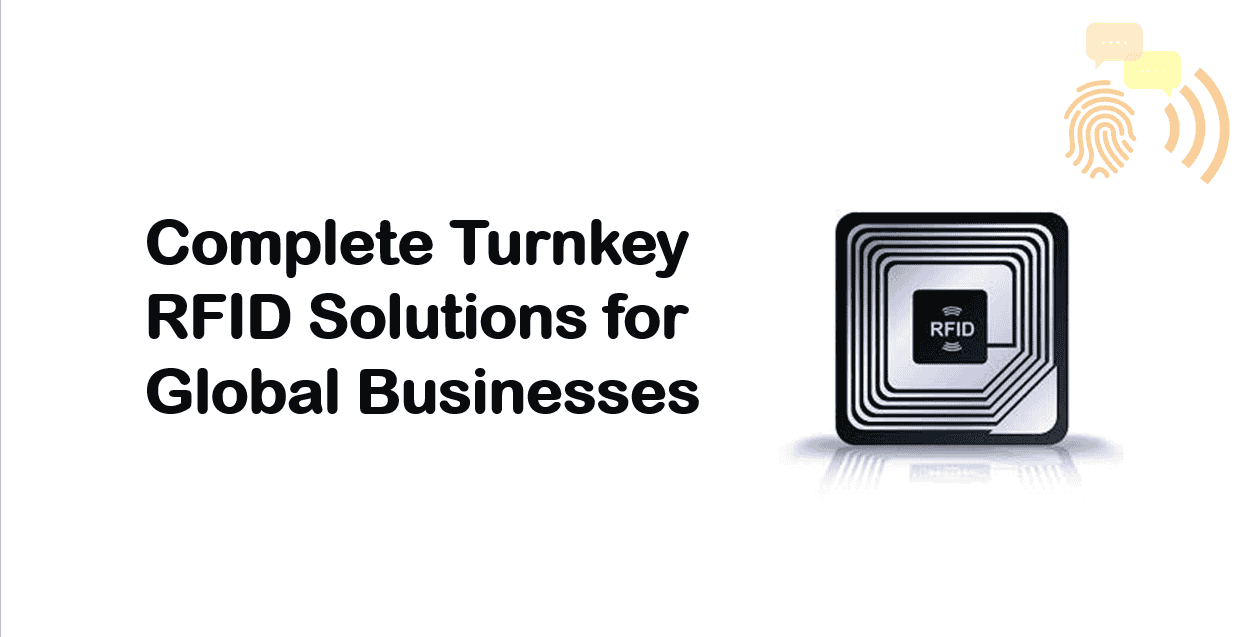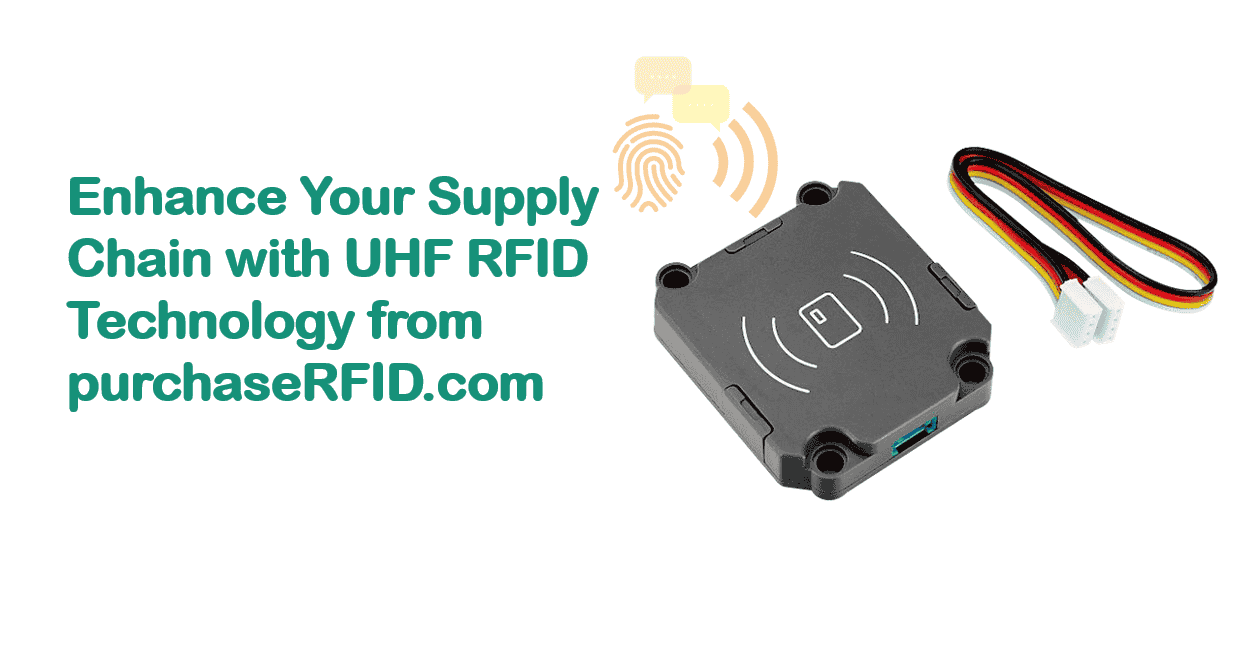RFID Technology for Healthcare- Tracking Management and Security Solutions
RFID Technology for Healthcare: Tracking, Management, and Security Solutions
In today's rapidly evolving healthcare industry, the need for efficient, secure, and real-time data management is more important than ever. One technology that has proven invaluable in meeting these needs is RFID (Radio Frequency Identification). RFID healthcare applications are transforming the way healthcare providers manage patient care, medical equipment, and inventory. From tracking patients and staff to securing sensitive data, RFID technology offers a wide range of benefits that improve operational efficiency, reduce errors, and enhance patient safety. This article delves into the key RFID healthcare applications, with a special focus on RFID patient tracking and healthcare security RFID solutions.
Table of Contents
- Introduction
- Understanding RFID Technology in Healthcare
- RFID Healthcare Applications: Enhancing Tracking and Management
- Healthcare Security RFID: Protecting Patients and Data
- Benefits of RFID in Healthcare
- Conclusion
Understanding RFID Technology in Healthcare
RFID technology uses electromagnetic fields to automatically identify and track tags attached to objects or people. These tags contain unique identification information that can be read using RFID readers, which transmit data to a centralized system. In the healthcare sector, RFID systems are used to track medical equipment, pharmaceuticals, patient records, and even staff, all in real-time.
The RFID healthcare system is composed of several components:
- RFID tags: Small devices attached to items or people that store data.
- RFID readers: Devices that scan and read the data from the tags.
- Middleware: Software that processes and integrates the data from RFID systems into existing healthcare management systems.
- Databases: Centralized systems where the data from RFID tags are stored and accessed for management and analysis.
RFID Healthcare Applications: Enhancing Tracking and Management
RFID Patient Tracking
One of the most significant applications of RFID in healthcare is RFID patient tracking. This technology enables hospitals and clinics to monitor the movement and status of patients throughout their care journey, ensuring better patient safety and workflow management.
RFID patient tracking can be implemented in various ways, such as:
- Wristbands with RFID tags: Patients are provided with wristbands that contain RFID tags, which can be scanned by healthcare providers to confirm the patient's identity, medical history, and treatment plan. This reduces the risk of errors associated with manual identification.
- Real-time location systems (RTLS): RFID-enabled RTLS allows healthcare providers to track the patient's location in real-time, ensuring they are where they need to be for treatments or appointments. For example, if a patient needs to be transferred to an operating room, the RFID system can alert staff when the patient arrives at the designated location.
By automating patient tracking, RFID technology helps reduce waiting times, improve patient flow, and ensure that patients receive the right treatment at the right time. Moreover, it enhances patient safety by minimizing the chances of misidentification or misplaced records.
Medical Equipment Tracking
In hospitals, managing medical equipment is crucial for both operational efficiency and patient care. RFID healthcare applications allow hospitals to track medical devices, from wheelchairs and infusion pumps to high-cost equipment like MRI machines.
By attaching RFID tags to medical equipment, healthcare providers can:
- Ensure availability: Track the location of equipment in real time to avoid misplaced items, reducing downtime and improving workflow efficiency.
- Maintain compliance: Automatically log the use of medical equipment, which ensures that it is properly sterilized and maintained.
- Optimize inventory management: RFID-enabled systems can automatically update inventories in real time, reducing the chances of shortages or overstocking, which can have serious consequences in a healthcare setting.
Pharmaceutical Tracking and Management
RFID is also revolutionizing the way hospitals manage pharmaceuticals. By tagging drug containers with RFID labels, healthcare providers can ensure that medications are tracked accurately from the point of arrival to the point of administration. This reduces the risk of medication errors, ensures drugs are stored properly, and helps in monitoring expiration dates.
With RFID, hospitals can also easily trace medications back to their source, which is essential for managing recalls and ensuring patient safety.
Healthcare Security RFID: Protecting Patients and Data
As the healthcare industry becomes more digital, securing patient information and medical devices is a growing concern. Healthcare security RFID solutions address these concerns by providing secure access control, ensuring that only authorized personnel can access sensitive areas or information.
Secure Access Control
RFID technology can enhance security by enabling contactless access control. RFID-enabled ID cards or badges can grant staff access to restricted areas, such as medication storage rooms, emergency departments, and patient rooms. This ensures that only authorized personnel are permitted to access sensitive areas, reducing the risk of unauthorized entry and theft.
Moreover, RFID can be integrated with biometric systems for added security, ensuring that both physical access and identity are verified before granting access to critical systems or data.
Protecting Patient Privacy
RFID healthcare applications also play a key role in protecting patient privacy. By using RFID tags that store patient information in encrypted formats, healthcare providers can ensure that sensitive data is only accessible by authorized users. This is particularly important in an era where data breaches and cyberattacks are a growing concern.
RFID also allows for real-time monitoring of the locations and usage of sensitive medical records and devices. If a device or record is accessed or moved without proper authorization, the system can send alerts, helping to quickly address potential security threats.
Benefits of RFID in Healthcare
The integration of RFID technology in healthcare comes with numerous benefits:
- Enhanced patient safety: RFID patient tracking helps ensure accurate identification, reducing the risk of medication errors and misidentification.
- Operational efficiency: Real-time tracking of equipment and pharmaceuticals improves inventory management and minimizes downtime.
- Cost savings: RFID systems can reduce losses, prevent overstocking, and lower labor costs associated with manual tracking.
- Improved security: RFID-based access control and data encryption ensure that sensitive patient information and assets are protected.
Conclusion
RFID technology is a game-changer in the healthcare industry, offering significant improvements in tracking, management, and security. Whether it’s through RFID patient tracking, medical equipment management, or healthcare security RFID solutions, this technology helps hospitals and clinics improve efficiency, reduce errors, and ensure patient safety. As RFID technology continues to evolve, its role in shaping the future of healthcare will only grow, bringing even greater benefits to both healthcare providers and patients alike.
Related Products
Here are some relevant statistics and facts to support the article on RFID technology in healthcare:
-
RFID in Healthcare Market Growth:
- The global RFID in healthcare market was valued at USD 3.5 billion in 2021 and is expected to grow at a CAGR of 18.3% from 2022 to 2030, reaching approximately USD 15.7 billion by 2030. This growth is driven by the increasing adoption of RFID technology for tracking, management, and security purposes in healthcare settings. (Source: Grand View Research)
-
Improvement in Patient Safety:
- 33% of hospitals that implemented RFID patient tracking systems reported a 50% reduction in patient misidentification and related errors. This shows how RFID can significantly reduce the risks of incorrect treatments and medication administration. (Source: Zebra Technologies)
-
Efficiency in Asset Management:
- Hospitals using RFID systems for tracking medical equipment and assets report a 40% reduction in equipment loss and a 30% decrease in equipment downtime. This leads to better equipment utilization and a reduction in unnecessary purchases. (Source: Healthcare Business News)
-
Cost Savings:
- RFID technology can save healthcare organizations up to 10-15% in inventory management costs by reducing losses and ensuring the correct tracking of pharmaceuticals, medical devices, and other assets. (Source: RFID Journal)
-
Medication Errors:
- The introduction of RFID in hospitals has been shown to reduce medication errors by 50-60% by improving inventory accuracy, ensuring the right medications reach the right patients, and reducing human error in drug administration. (Source: Journal of Patient Safety)
-
Staff Efficiency:
- RFID tracking systems for staff and patient management in hospitals can cut down the time spent locating patients or medical staff by up to 30%, improving overall workflow efficiency. (Source: RFID Journal)
-
RFID for Secure Access Control:
- In a survey conducted by Zebra Technologies, 73% of healthcare organizations cited RFID-based access control as a key measure to enhance security and protect sensitive areas, such as pharmacies and patient records rooms.
